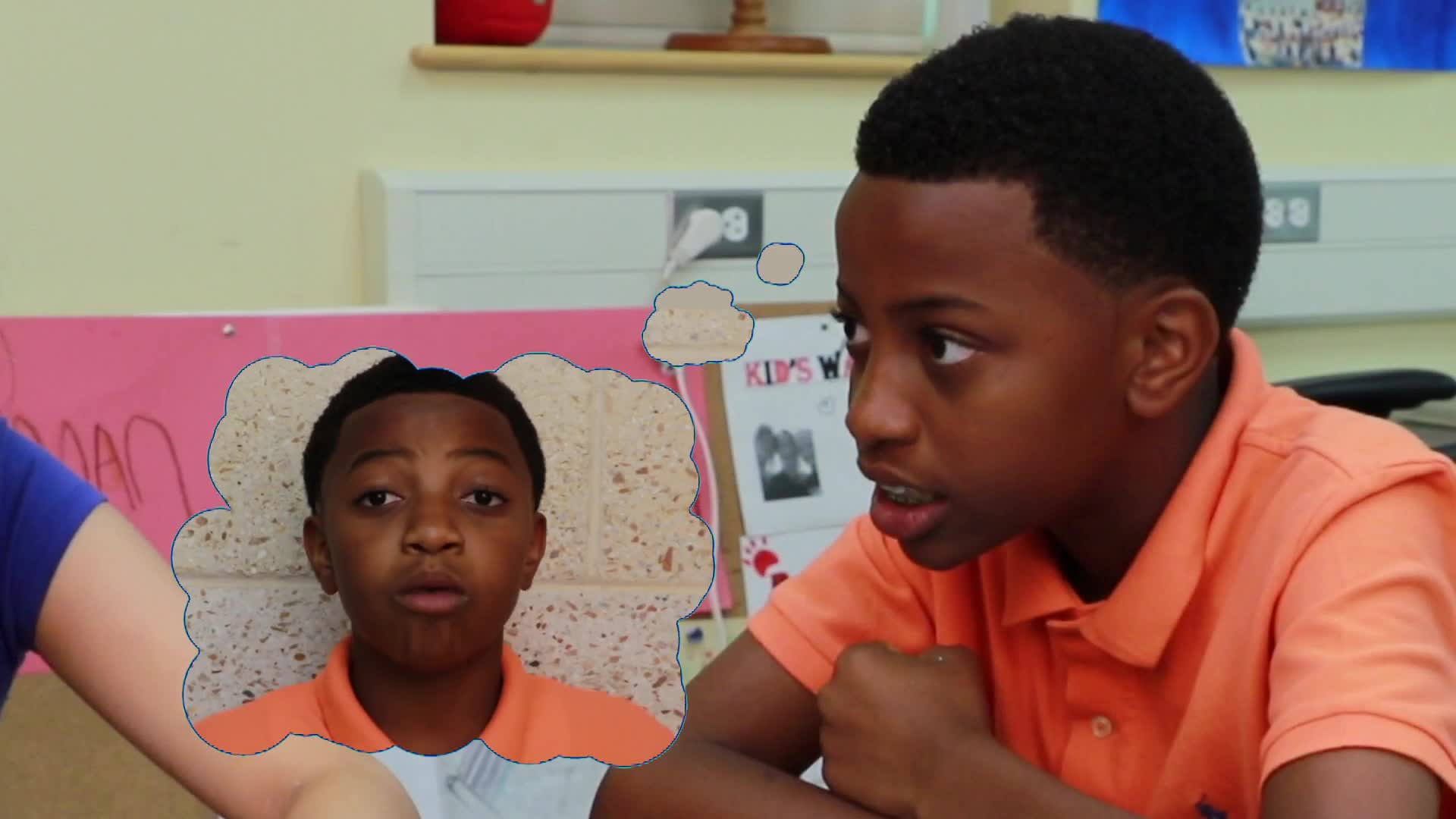Introduction
As educators, we have a responsibility to teach students essential life skills, including the ability to accept ‘no’ for an answer. When students learn to respect others’ decisions, it fosters a positive classroom environment and encourages healthy relationships. This blog post will guide you through an activity that requires no preparation, discussion questions, and related skills to help students understand the importance of accepting ‘no’ for an answer.
No-Prep Activity
Introduce this activity to your students by explaining that sometimes, their friends or classmates may not want to do the same things they want to do. It’s important to respect their decisions and not pressure them into participating. To help students practice this skill, ask them to pair up and take turns asking each other if they want to join an imaginary activity. One student should respond with ‘no’ while the other should practice accepting the answer without pushing further. After a few rounds, have students switch roles. Encourage them to be creative with their imaginary activities and responses, and remind them to respect their partner’s decision.
Discussion Questions
- How did it feel when your partner accepted your ‘no’ for an answer? How did it feel when they didn’t?
- Why is it important to respect someone’s decision when they say ‘no’ to an activity or request?
- Can you think of a time when you didn’t accept ‘no’ for an answer? How did the other person feel? How did you feel afterward?
- What are some ways to handle disappointment when someone says ‘no’ to something you want to do?
- How can accepting ‘no’ for an answer help build healthy relationships with our friends and classmates?
Related Skills
Beyond accepting ‘no’ for an answer, there are other essential social-emotional learning skills that students should develop. Some of these related skills include:
- Empathy: Understanding and sharing others’ feelings helps students build stronger connections and be more sensitive to their peers’ needs.
- Active Listening: Paying attention to what others are saying and responding thoughtfully demonstrates respect and fosters effective communication.
- Assertiveness: Expressing oneself in a confident and respectful manner allows students to stand up for their own needs while considering the feelings of others.
- Conflict Resolution: Learning to handle disagreements in a constructive way helps students maintain healthy relationships and fosters a positive learning environment.
Next Steps
Now that you have a better understanding of how to teach students the importance of accepting ‘no’ for an answer, you can integrate this skill into your classroom activities. To access free samples of this skill and others, sign up at Everyday Speech. By incorporating social-emotional learning principles into your lessons, you can help students develop the skills they need for successful relationships and a positive classroom environment.






